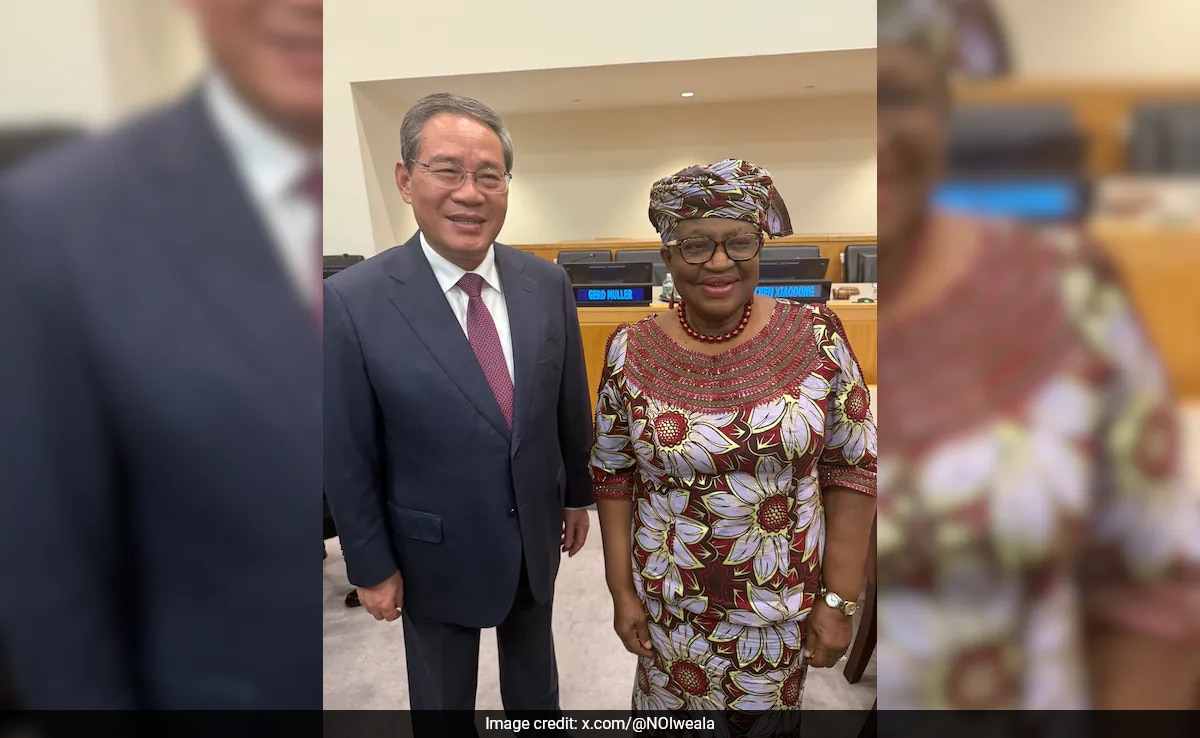âWe know that you know how to protect your interests, to protect Ukrainians, and the Jews of Ukraine,â Zelensky said in the 15-minute speech on Sunday, broadcast from his bunker in Kyiv. âBut we ask why weâre not receiving weapons from you, why you havenât applied sanctions on Russia, and on Russian businesses. You will need to give answers, and to be able to live with those answers.â
He said that Feb. 24, the start of the Ukraine war, would be âremembered twice in world history, as a tragedy for Ukrainians, Jews, Europeans and the whole world. On Feb. 24, 1920, the Nazi Party was founded, killing millions, destroying entire countries, trying to commit genocide.â
More than 100 Knesset members signed on to the videoconference. The live video feed was also projected against the facade of Tel Avivâs Habima Theater, in coordination with the Ukrainian Embassy in Israel, and was met with cheers of âSlava Ukraini,â or âGlory to Ukraine!â from hundreds of demonstrators hoisting blue-and-yellow Ukrainian flags.
Zelensky has broadcast speeches to several foreign legislatures in recent weeks, including the U.S. Congress, Britainâs House of Commons and Germanyâs Bundestag.
On Sunday, the fighting between the two side edged toward a stalemate as Russia forces escalated their bombardment of civilian areas, bombing an art school that was sheltering 400 people, according to officials in the southeastern coastal city of Mariupol.
Israeli Culture Minister Hili Tropper told Israelâs Army Radio on Sunday that, âat the end of the day, we are not confused: Zelensky and the Ukrainian people are the victims here.â
But Israeli Prime Minister Naftali Bennett has offered himself as a mediator in the conflict, citing Israelâs warm ties with both Ukraine and Russia. Zelensky, who is Jewish and lost family during the Holocaust, has visited Israel several times to see relatives, and performed in Israeli clubs during his previous career as a comedian. Israel has also unofficially coordinated for years with Putin and representatives of Russiaâs large military operation on its northern border in Syria, which has granted Israelâs military the freedom to strike targets there that it says are involved in transferring weapons to its foe, Hezbollah, in Lebanon.
Last week, as plans for the Zelensky speech were being finalized, Russiaâs ambassador to Israel, Anatoly Viktorov, asked Knesset Speaker Mickey Levy to allow Russian lawmakers to brief their Israeli counterparts with âobjective information and Russiaâs approaches to the current events,â said a statement issued by the Russian Embassy.
Bennett has avoided referring to Putin or Russia by name, while Foreign Minister Yair Lapid has, in coordination with the government, directly condemned the Russian invasion of Ukraine.
âWe will continue to help as much as we can for the Ukrainian people and we will never turn our backs on the plight of people who know the horrors of war,â Lapid tweeted Sunday after Zelenskyâs speech.
During a visit to Slovakia last week, Lapid also promised that âIsrael will not be a route to bypass sanctions imposed on Russia by the United States and other Western countries.â
Israel has not officially signed onto Western sanctions against Russia and has not specified what it will do to apply them, especially in the case of a number of high-profile oligarchs who hold Israeli passports. On March 14, former Chelsea Football Club director Roman Abramovich, who has both Russian and Israeli citizenship and is now under sanctions, was photographed at the VIP departure lounge at Israelâs Ben Gurion Airport, a day after his private jet landed there.
Israel has denied requests to send military equipment to Ukraine, instead airlifting 100 tons of humanitarian and medical aid earlier this month. This week the government is scheduled to open a field hospital in the eastern Ukrainian town of Mostyska, near the border with Poland.
After weeks of bureaucratic hurdles discouraging Ukrainian refugees â mostly women and children coming to stay with relatives among the estimated 1 million Israeli citizens who have roots in the former Soviet Union â Interior Minister Ayelet Shaked backtracked on earlier policies allowing entry to only 5,000 non-Jewish refugees.
Last week she said that an unlimited number of Ukrainians with relatives in the country would be allowed to stay âfor a month or two to restâ but will be required to sign a statement saying that they donât intend to remain.
âOur people are now migrating, as you once migrated,â Zelensky said in his Sunday speech, which reiterated the message that Israel, as a country founded in the aftermath of the Holocaust, has a unique responsibility to more actively support Ukraine.
âIndifference kills. Calculations kill,â he said. âIt is possible to mediate between countries, but not between good and evil.â
.png)










 English (United States) ·
English (United States) ·  Turkish (Turkey) ·
Turkish (Turkey) ·